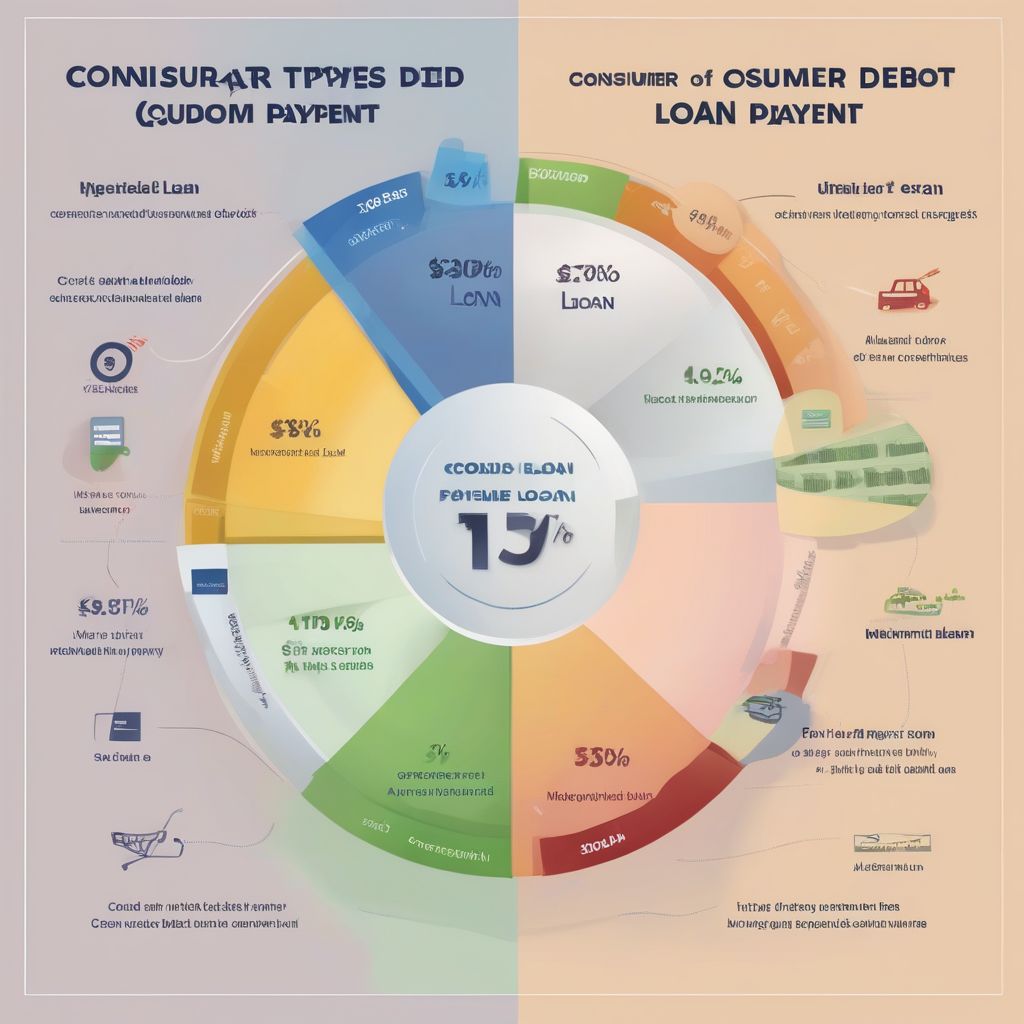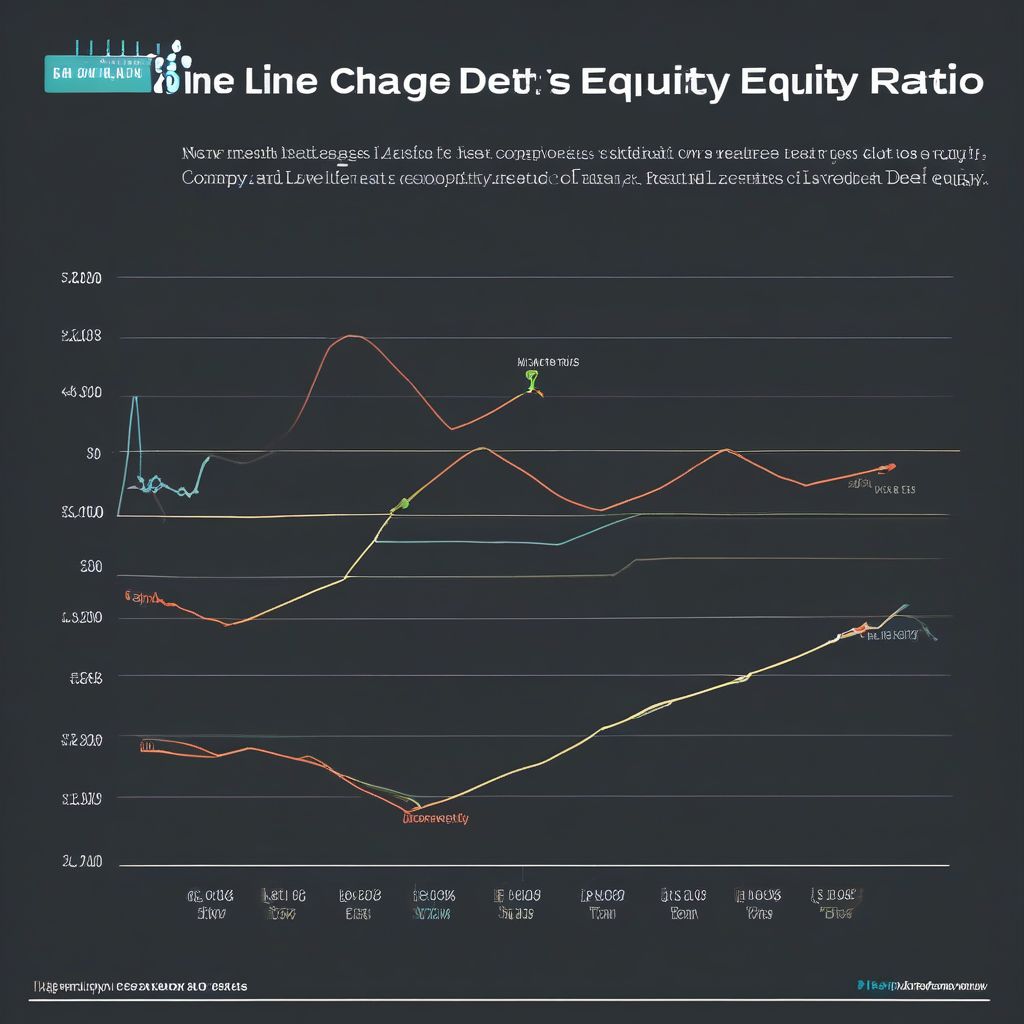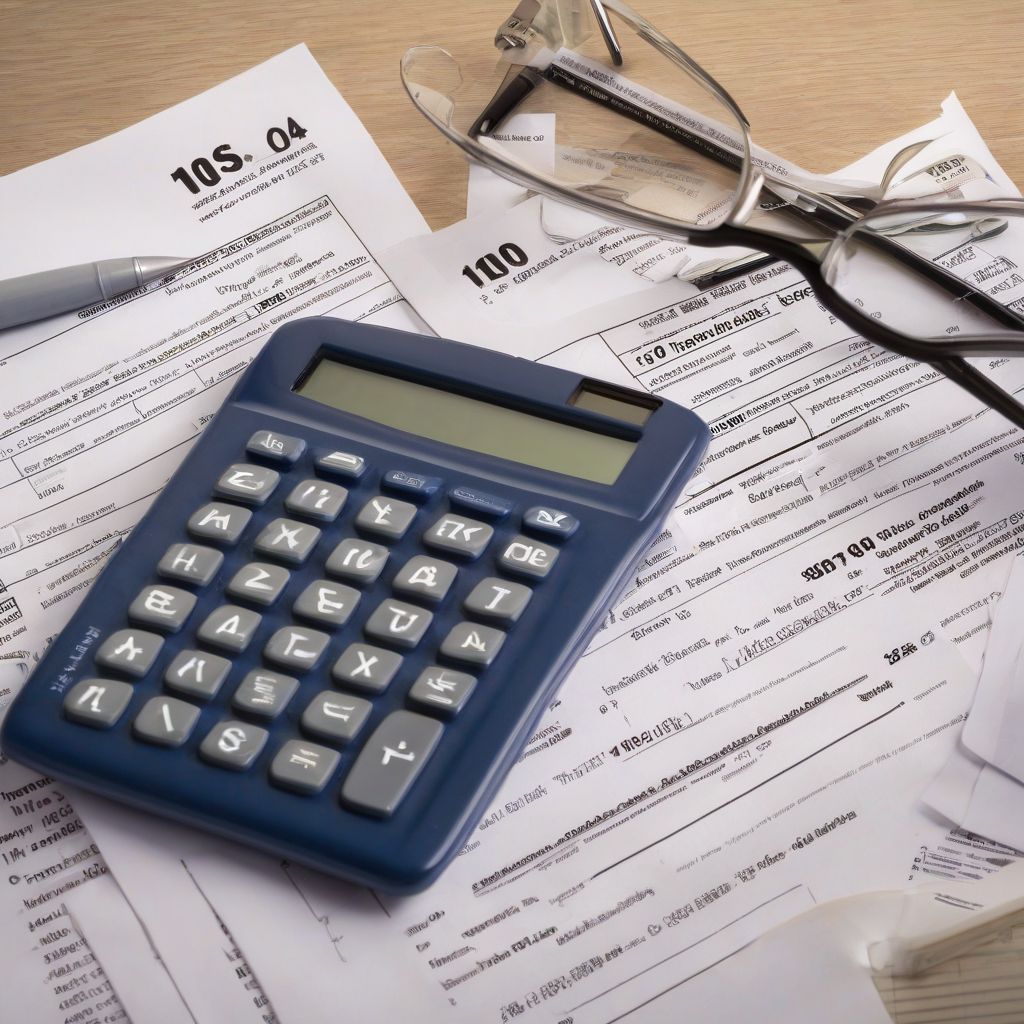“Can You Go To Prison For Credit Card Debt?” It’s a question that keeps many people up at night, conjuring images of debtors’ prisons from centuries past. The good news is that in most modern societies, including the United States, you cannot be incarcerated simply for being unable to pay off your credit card bills. However, the relationship between debt and the law is more nuanced than a simple yes or no. Let’s delve into the complexities of this issue and understand your rights and responsibilities as a credit card holder.
Debtors’ Prisons are a Thing of the Past…Mostly
The historical concept of debtors’ prisons, where individuals were imprisoned for failing to repay debts, has largely been abolished in developed nations. This shift reflects a broader understanding of debt as a civil matter rather than a criminal one.
So, When Can Debt Land You in Trouble?
While you can’t be jailed for the debt itself, certain actions related to credit card debt can have legal ramifications:
- Fraudulent Use of Credit Cards: This involves obtaining credit cards or using them to make purchases with no intention of repayment. This is a serious offense with potentially severe penalties, including imprisonment.
- Writing Bad Checks: Using a check connected to your credit card account when you know you lack the funds to cover it is illegal and can be prosecuted.
- Ignoring Court Orders: If you are sued by a creditor and ignore a court order to appear or comply with a judgment, you could be held in contempt of court, which may result in fines or even jail time.
Understanding the Difference Between Civil and Criminal Cases
It’s crucial to distinguish between civil and criminal cases related to debt:
- Civil Cases: These involve disputes between individuals or entities, typically over financial matters. In a credit card debt case, a creditor may sue you to recover the owed funds. The consequences are usually financial, such as wage garnishment or liens on assets.
- Criminal Cases: These involve offenses against the state or society as a whole. Fraud, as mentioned earlier, falls under this category.
sonneriesvip.com/wp-content/uploads/2024/08/jail-bars-shadow-66c5a2.jpg" alt="jail bars shadow" width="1024" height="1024">jail bars shadow
What Happens When You Can’t Pay Your Credit Card Bills?
Life throws curveballs, and sometimes managing debt becomes challenging. Here’s what typically happens if you’re struggling to make credit card payments:
- Late Fees and Penalty Interest Rates: Missing payments often triggers late fees and potentially higher interest rates, further compounding your debt.
- Collection Calls and Letters: Creditors may attempt to collect the debt themselves or hire collection agencies to pursue payment. These interactions can be stressful, but it’s important to know your rights when dealing with debt collectors.
- Credit Score Damage: Payment history significantly impacts your credit score. Missed or late payments can lower your score, making it harder to secure loans, rent apartments, or even get certain jobs in the future.
- Potential Lawsuit: If your debt remains unpaid, the creditor may choose to file a lawsuit against you to recover the money. This can lead to a judgment against you, potentially resulting in wage garnishment or asset seizure.
Protecting Yourself and Your Financial Well-being
- Communicate with Your Creditors: If you anticipate difficulty making payments, reach out to your credit card company. They may be willing to work with you to create a temporary payment plan or explore hardship options.
- Know Your Rights: Familiarize yourself with consumer protection laws regarding debt collection practices. You have the right to dispute debts you believe are inaccurate and to request verification of the debt.
- Seek Professional Help: If you’re overwhelmed, consider contacting a reputable credit counseling agency. They can provide guidance on budgeting, debt management, and negotiating with creditors.
Conclusion
While the prospect of legal trouble due to credit card debt can be daunting, understanding the facts can alleviate anxiety and empower you to make informed decisions. By distinguishing between civil and criminal liability, knowing your rights, and seeking help when needed, you can navigate the complexities of debt and work towards a more secure financial future. Remember, information is key, and staying proactive can make a significant difference.
Disclaimer: The information provided in this article is for general knowledge and informational purposes only and does not constitute legal advice. It is essential to consult with a qualified attorney for any legal questions or concerns you may have regarding credit card debt or any other legal matter.



